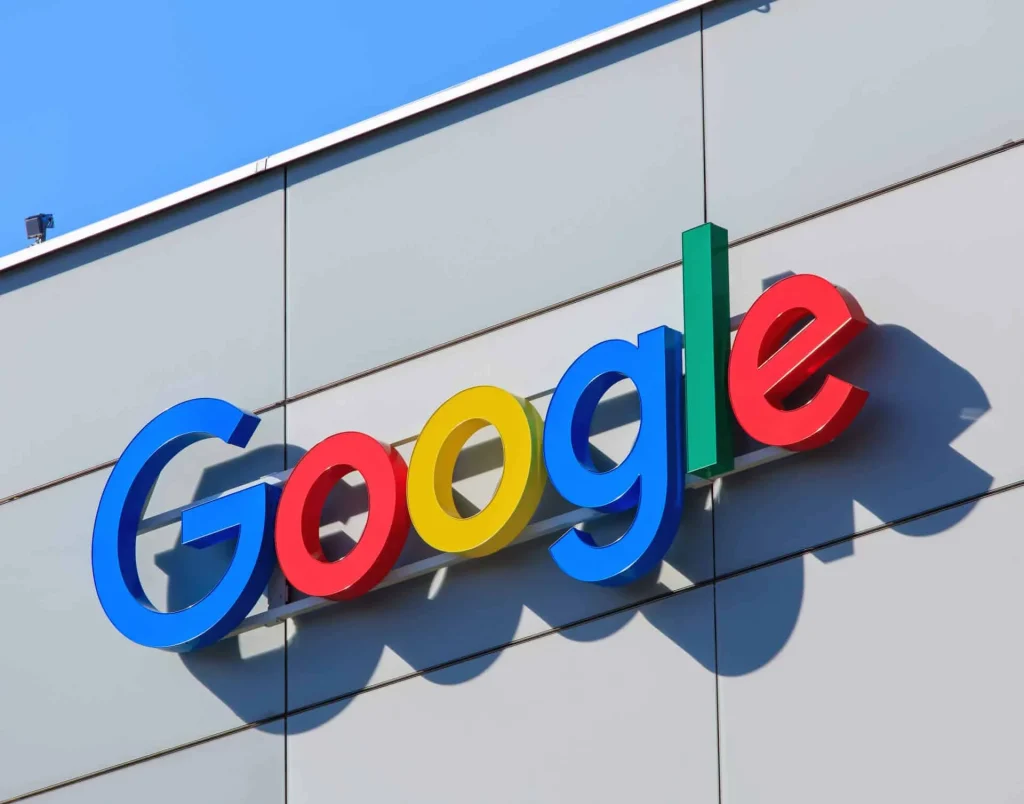Google will head to court in September to face the U.S. Department of Justice in a high-stakes antitrust trial that could reshape the landscape of digital advertising. The trial, scheduled by U.S. District Judge Leonie Brinkema in Alexandria, Virginia, centers around the DOJ’s aggressive efforts to dismantle parts of Google’s advertising technology empire.
The DOJ argues that Google has unlawfully monopolized key segments of the digital ad market—particularly the tools that help online publishers sell advertisements—by engaging in anti-competitive practices. As part of its remedy, the Justice Department seeks to force Google to divest significant portions of its ad tech business, including its ad exchange and publisher ad server platforms.
Core of the Case: Google’s Grip on Ad Tech Ecosystem
At the heart of the case is Google’s dominant position in the digital advertising supply chain. The company operates both the platform that helps publishers manage their ad inventory (the publisher ad server) and the exchange through which those ads are sold (the ad exchange). Critics say this vertical integration gives Google an unfair advantage, allowing it to manipulate the marketplace to favor its own services while sidelining competitors and undermining publishers.
Judge Brinkema previously ruled in April that Google had improperly tied the use of its ad exchange to its ad server, effectively coercing publishers into relying on both services. In her opinion, she stated that this behavior was anti-competitive and ultimately harmed not just publishers, but also internet users by stifling innovation and reducing market choice.
DOJ Pushes for Divestiture, Google Pushes Back
During a hearing on Friday, DOJ attorney Julia Tarver Wood confirmed that the government will push for a structural remedy—meaning a full-scale divestiture of Google’s ad exchange and publisher ad server operations. She acknowledged that such a process would take several years but argued that it’s necessary to restore competitive balance in the online advertising space.
In contrast, Google’s legal team, led by attorney Karen Dunn, strongly opposed the idea of breaking up the company’s ad tech unit. Dunn argued that forced divestiture is not only legally inappropriate but also counterproductive. She claimed that dismantling these business segments would hurt internet users by disrupting services and limiting efficiencies that benefit publishers and advertisers alike.
Google has instead proposed “behavioral remedies” as an alternative. These would include policy changes such as ensuring equal access for competitors to its real-time bidding systems—measures it says would preserve competition without the need for dismantling its infrastructure.
Dunn also expressed skepticism about whether any buyers would be willing—or even able—to purchase the components the DOJ wants Google to sell. The complexity and integration of the systems, she noted, could deter potential acquirers and make divestiture unfeasible.
Broader Implications for the Digital Ad Market
The upcoming trial is part of a broader global crackdown on Big Tech’s dominance in digital markets. In fact, this isn’t the first time Google has faced such scrutiny. Back in September 2023, it was reported that Google had considered selling its ad exchange business in order to appease European regulators pursuing their own antitrust investigations.
Should the DOJ succeed in forcing a breakup, the outcome could have ripple effects across the digital economy. Smaller ad tech firms could gain new footholds in a market long dominated by Google, potentially increasing transparency and improving returns for online publishers. Conversely, a ruling in Google’s favor might cement its control over one of the most lucrative segments of internet commerce.
Next Steps: Legal Arguments and Market Stakes
Both the DOJ and Google are expected to file their detailed legal proposals on Monday, outlining the remedies they believe are appropriate in the case. These submissions will further shape the legal battlefield as the September trial approaches.
With billions of dollars and the future of online advertising at stake, the trial is poised to become one of the most significant antitrust showdowns in recent memory. Legal experts suggest that the case could set a precedent for how regulators in the U.S. and abroad tackle tech monopolies in the years ahead.
As the proceedings unfold, all eyes will be on the courtroom in Virginia—and on whether one of the world’s most powerful companies will be forced to scale back its digital empire.












